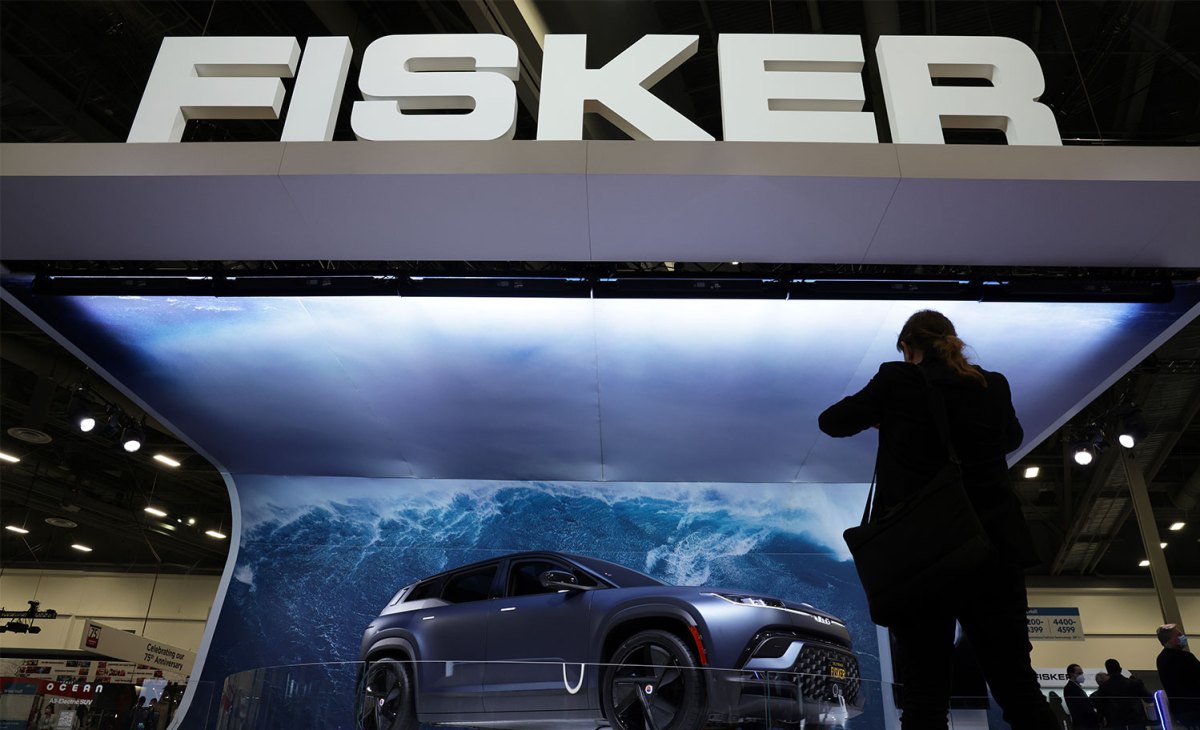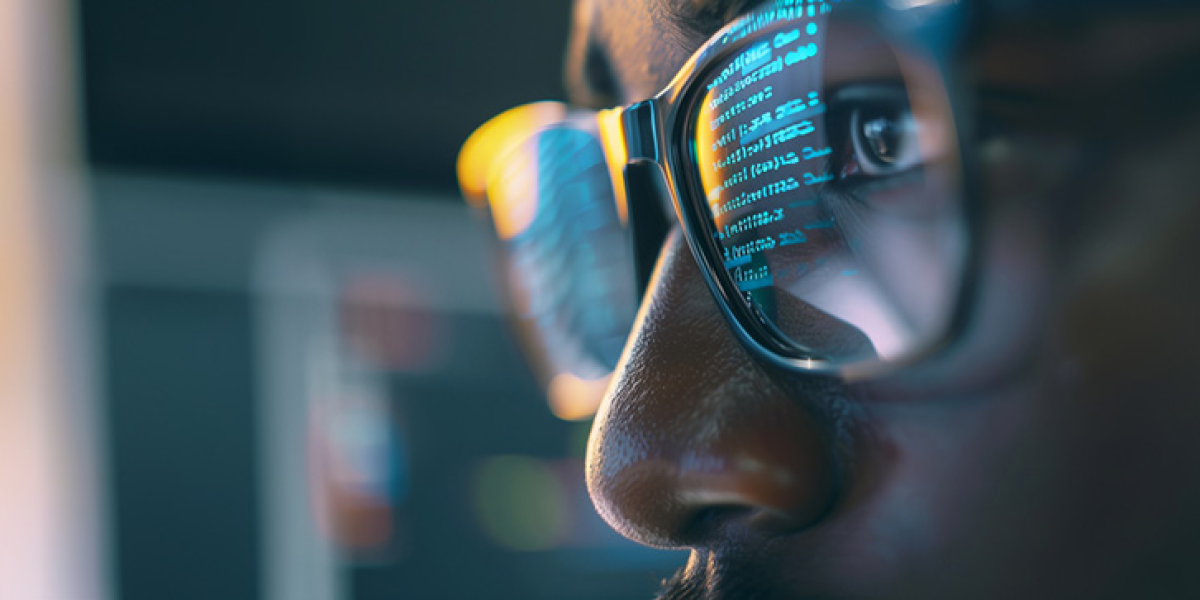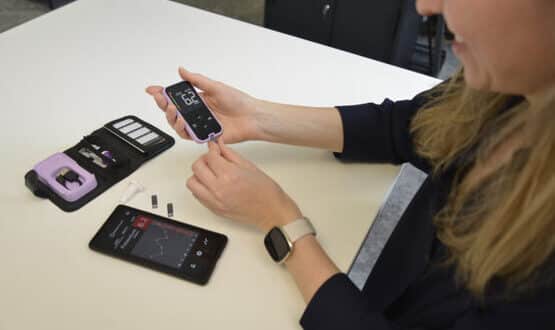The UK driverless-car startup Wayve is headed west. The firm’s cars learned to drive on the streets of London. But Wayve has announced that it will begin testing its tech in and around San Francisco as well, which brings a new challenge: Its AI will need to switch from driving on the left to driving on the right.
As visitors to or from the UK will know, making that switch is harder than it sounds. Your view of the road, how the vehicle turns—it’s all different. The move to the US will be a test of Wayve’s technology, which the company claims is more general-purpose than what many of its rivals are offering.
For the first time, Wayve will go head to head with the heavyweights of the growing autonomous-car industry, including Cruise, Waymo, and Tesla. Will Douglas Heaven, our senior AI editor, visited the company’s office for a ride-along. Read on to find out what he thought.
Kids are learning how to make their own little language models
“This new AI technology—it’s very interesting to learn how it works and understand it more,” says 10-year-old Luca, a young AI model maker.
Luca is one of the first kids to try Little Language Models, a new application from Manuj and Shruti Dhariwal, two PhD researchers at MIT’s Media Lab, that helps children understand how AI models work—by getting to build small-scale versions themselves.
The program is a way to introduce the complex concepts that make modern AI models work without droning on about them in a theoretical lecture. Instead, kids can see and build a visualization of the concepts in practice, which helps them get to grips with them. Read the full story.





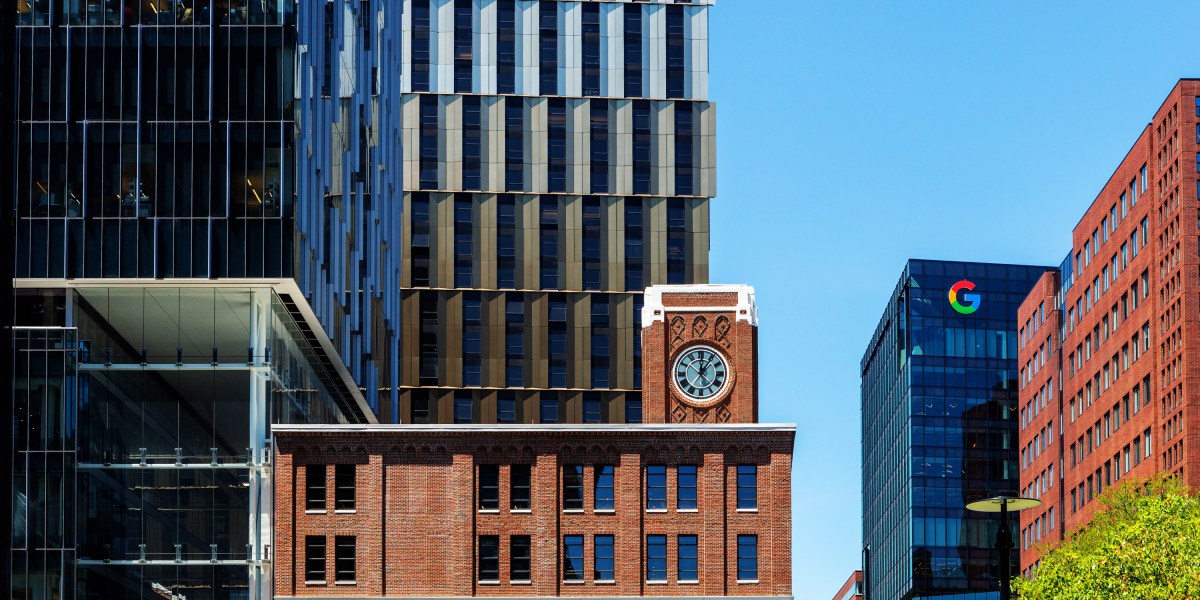
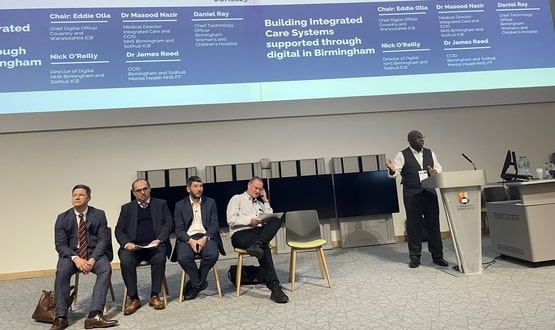
/cdn.vox-cdn.com/uploads/chorus_asset/file/25047543/236883_Epic_Vs_Google_A_CVirginia.jpg)
